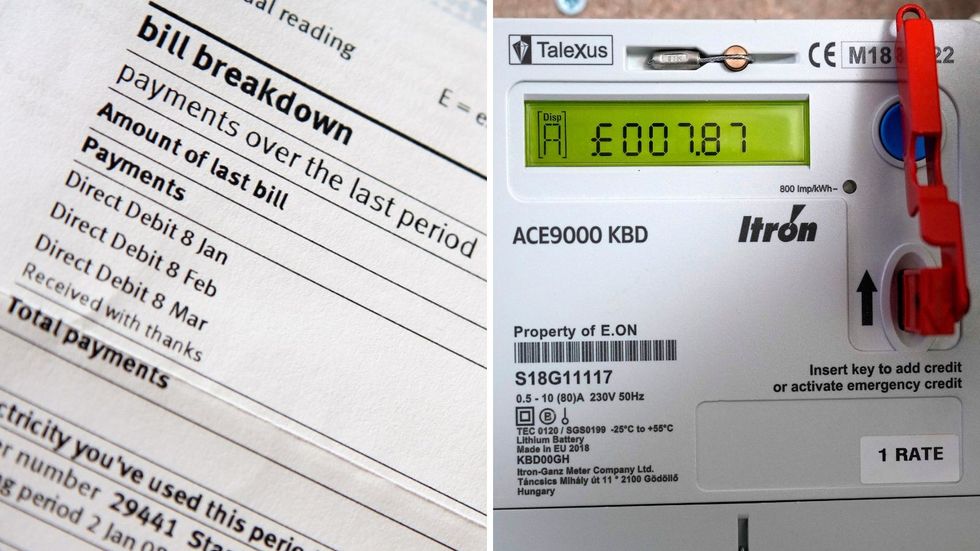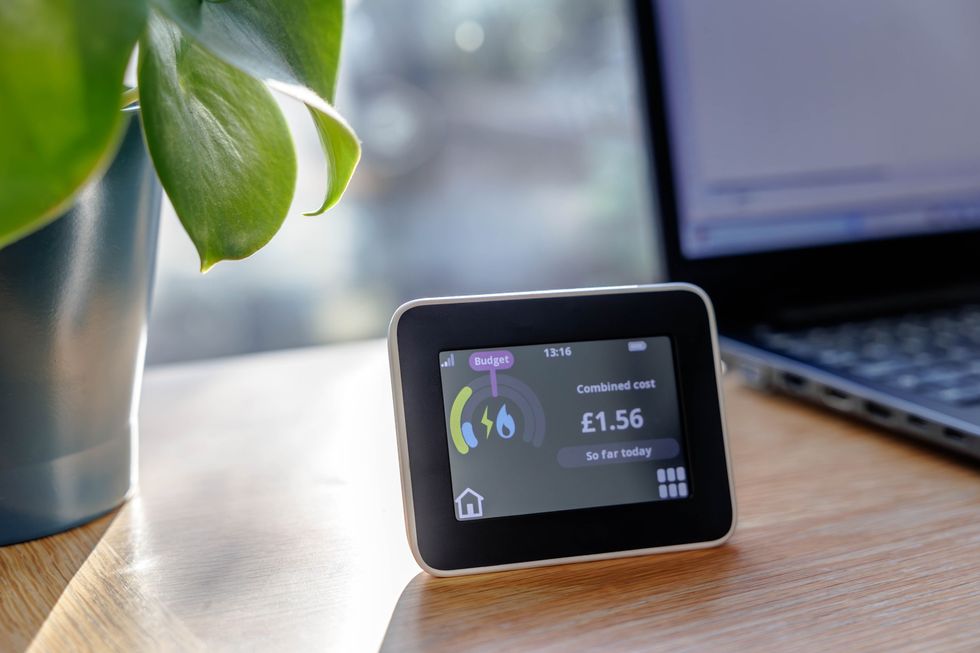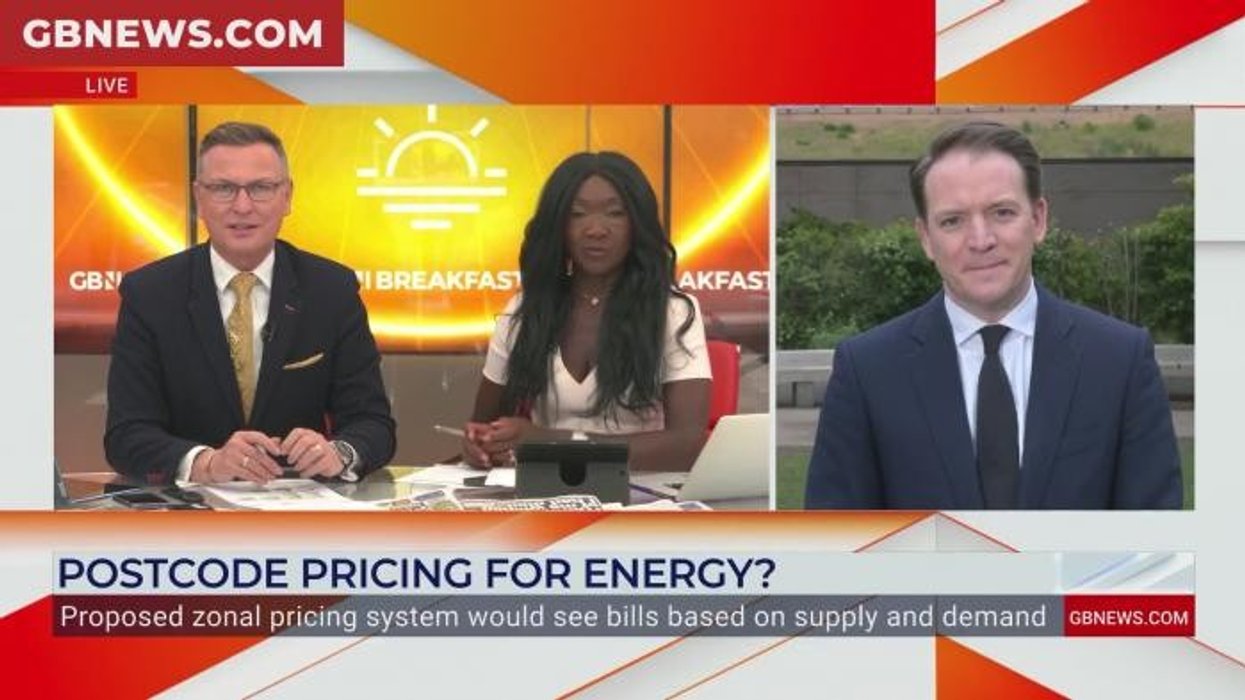Millions of households could save over £950 on their energy bills by making 'a few simple changes'

British families are throwing money away on their energy bills - without even realising it
Don't Miss
Most Read
Latest
Millions of UK households could save more than £950 a year on their energy bills by making a few simple changes.
Experts say families can cut energy costs by adjusting heating use, improving insulation and managing appliances more efficiently.
With energy bills already sitting at £1,720 for the average home, they're nearly £500 higher than they were back in April 2021. And here's the kicker - October's bringing another price cap rise of 2%, adding an extra £35 to annual bills.
Right now, 22 million households across the UK are stuck on standard variable rates - that's the maximum amount suppliers can legally charge.
The good news is that families don't have to accept these sky-high costs.
Alastair Douglas, TotallyMoney's CEO said: "Millions of households are overpaying for their energy, and with bills expected to keep rising over the next year, it's important people know there are cheaper options available, and that switching is simple."
TotallyMoney has just launched an energy switching service that's set to help its six million customers beat those expensive standard rates. The new service lets people compare deals from major energy suppliers and access exclusive offers that aren't available elsewhere.
Customers can check their credit report first - something most energy providers review before accepting direct debit payments.

Tactics families can use to bring energy bills down
| GETTYThis puts people in the best position to snag those money-saving deals before winter hits and usage starts creeping up, saving £715 alone.
Liz Hunter, Commercial Director at MoneyExpert, also shared practical ways to help households cut their energy bills. Her advice covered both quick wins and longer-term habits to reduce energy use at home.
On laundry, one of the most-used and costly appliances, she said households "could save around £27 a year just by making a few simple changes."
These included running the machine outside peak hours, early mornings or late evenings, waiting for a full load, using quick washes for smaller loads, and switching to 30-degree eco cycles. She added that an occasional hot wash was still necessary to keep the machine clean.

Smart meters can be used to monitor spend
| GETTYDo you have a money story you’d like to share? Get in touch by emailing money@gbnews.uk.
Another simple but effective way to reduce your energy use is by draught-proofing the home. She noted that around a quarter of a home’s heat was lost through the roof, meaning better insulation kept homes warmer for longer and reduced heating costs. DIY options, such as fitting foam insulation around exposed pipes for about £15, could have delivered quick savings.
She added that blocking gaps around doors and windows also helped, with households saving up to £85 a year. For those with open chimneys, draught-proofing them with an inflatable pillow when not in use could have cut a further £65 annually.
Ms Hunter also pointed to simple fixes like draught excluders and sealant strips, but reminded households to maintain proper airflow and avoid covering essential vents.
Those upgrading appliances, should make sure they have an energy rating of A+ or higher to ensure they’re as efficient as possible. The kettle is another appliance where energy savings can be found.
Households could have saved around £10 a year by only boiling the amount of water they needed. Most kettles already had a minimum-fill line and switched off once boiled, but she suggested going further by filling the kettle once in the morning and keeping the rest in a thermos to avoid repeated boils throughout the day.
She also noted that older kettles worked harder and took longer to boil, so upgrading to a more efficient model could have cut costs in the long run. Regular descaling was another tip she shared, as limescale build-up meant more energy was required to heat the water, adding to bills.
Finally, Ms Hunter said be mindful of the "vampire devices" around your home, as these electronics continue to draw power even when not in use.

Track spending consistently to bring down the bill
| GETTYThese are appliances such as televisions left on standby. She noted that while this seemed minor, the costs added up over a year and could have pushed bills higher.
She highlighted microwaves, monitors, coffee machines, chargers and white goods as some of the most common culprits. While essentials like fridges and modems needed to stay on, she said most devices could have been switched off at the plug. Doing so could have saved households up to £45 a year.
Devices like TVs, chargers, and microwaves can drain electricity unless completely turned off. Unplugging these when not in use can save you up to £45 a year, making a small but meaningful difference to your energy bill.
Making small adjustments around your home can lead to big savings over time.











